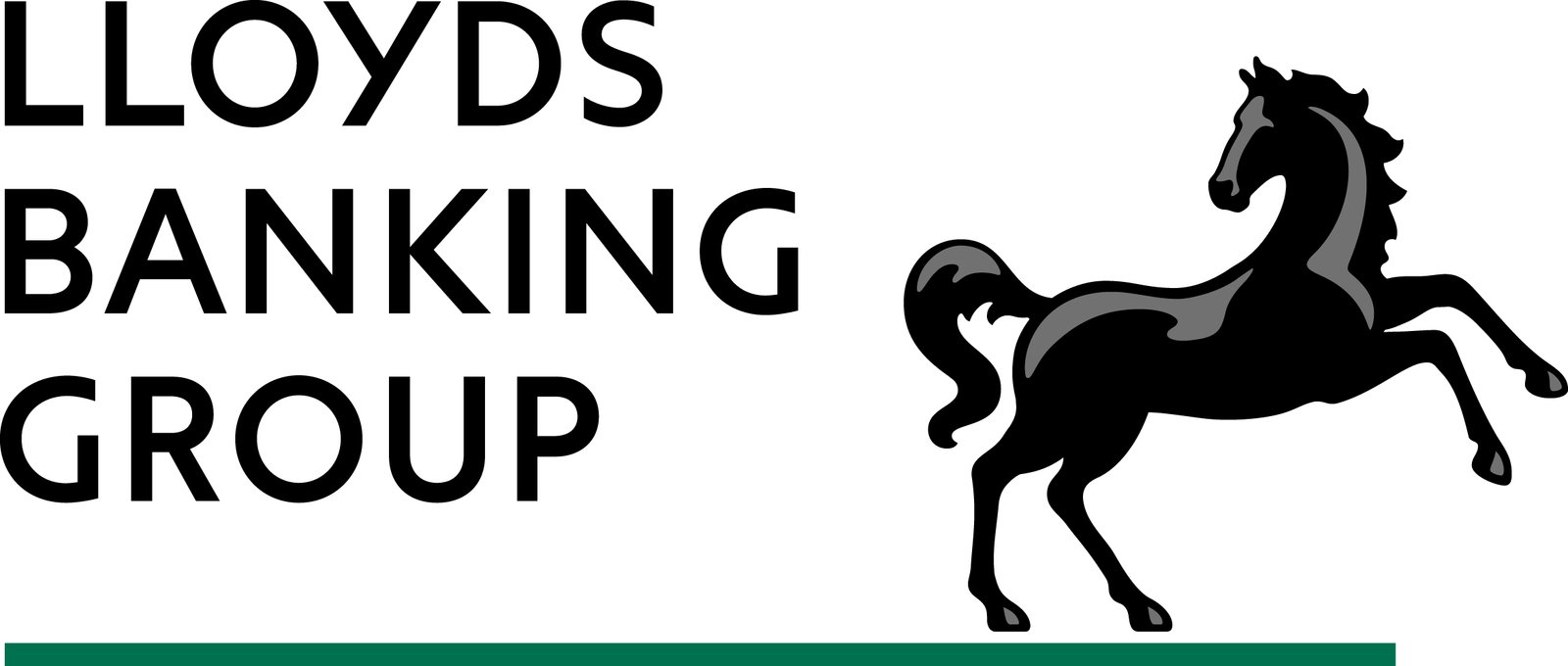The OpenAI Reshuffle: An Incentive for AI Cooperation and Development
The recent restructuring at OpenAI has sparked controversy in the rapidly developing field of artificial intelligence, drawing criticism from both the tech community and industry heavyweights like Meta and Google. This upheaval is more than simply a personnel shuffle; it’s a warning flag, a wave that might completely transform the direction AI research and development takes. Let’s explore how this revolutionary time might help Meta, Google, and other AI businesses.
An Upcoming Phase for OpenAI
Reputed for pushing the limits of AI research, OpenAI has experienced a major metamorphosis. The organisation is preparing for a new chapter with changes in leadership and strategy. However, what effect does this have on Google, Meta, and the larger AI community?
A Common Understanding of AI Ethics
Prioritising ethical AI development is a recurring topic as OpenAI charts its new course. Meta, Google, and other businesses committed to the responsible development of AI find great resonance in this. The emphasis on ethical issues in AI is in line with the industry’s overarching objective of making sure AI technologies advance humankind.
From Meta’s Point of View: Cooperation within the AI Ecosystem
As a major participant in the AI space, Meta (previously Facebook) has used AI for a variety of purposes, such as personalised user experiences and content moderation. The reorganisation of OpenAI offers Meta the chance to investigate new areas of cooperation. Meta may discover opportunities to improve the ethical frameworks of AI applications on various platforms by collaborating with OpenAI, given its ongoing dedication to safety and ethical issues.
Increasing AI Research Collaborations
Cooperation in AI research is essential to the expansion of the sector. With its vast resources and influence, Meta may be able to establish more solid research collaborations with OpenAI. This partnership could result in innovations in computer vision, natural language processing, and other AI fields, which would be advantageous to the AI community at large as well as the participating organisations.
Google’s Position: Extending the Limits of AI Innovation
As a leader in AI research and development, Google has continuously pushed the envelope of innovation. The reorganisation of OpenAI could provide Google new insights and possible directions for joint partnerships.
Enhancing Accessibility of AI
A potential area of collaboration between Google and OpenAI could be expanding the accessibility of AI technologies. OpenAI’s dedication to delivering public goods is consistent with Google’s goal of enabling universal access to knowledge. Initiatives that democratise AI knowledge and technologies and increase their accessibility and usability could come from this combination.
Applications of Ethical AI in Google Products
The focus that OpenAI places on ethical issues might encourage Google to review and improve the ethical frameworks in its AI-driven products. This might result in the creation of AI apps that put the privacy, justice, and accountability of users first, establishing new guidelines for the responsible use of AI.
Greater Effects on the AI Environment
The OpenAI reorganisation causes a stir throughout the AI ecosystem, inspiring introspection and maybe a reevaluation of tactics among different AI firms.
Promoting a Collaborative Culture
The changes at OpenAI highlight how crucial cooperation is to the AI ecosystem. This change in mindset might encourage other AI firms to look for joint ventures, pool resources, and work together to solve the problems that AI technologies provide. A collaborative mentality could quicken the process and produce AI solutions that are more reliable, safe, and moral.
Diversification of Talent
Talent may spread throughout organisations as a result of OpenAI’s personnel turnover. Experts bring a variety of viewpoints, approaches, and experiences with them as they transition across organisations. This conversation can create a more vibrant, diverse AI community where ideas are easily shared and advance group learning.
Prospects for the Future: Charting Ethical AI Landscapes
The focus on ethical AI is growing as OpenAI, Meta, Google, and other AI startups negotiate the changing AI landscape. The reorganisation acts as a spark for rethinking an AI future in which accountability and creativity go hand in hand.
OpenAI as a Lighthouse for Ethical AI Research
OpenAI is positioned as a leader in responsible development thanks to its renewed emphasis on ethical AI. The AI community as a whole, not only Meta and Google, is in agreement with this pledge. Others may want to follow the example established by the emphasis on inclusivity, safety, and transparency when it comes to ethical AI practises.
AI Companies’ Joint Responsibilities
Following the OpenAI reorganization, AI businesses now have a shared obligation to give ethical considerations first priority. These businesses are essential to determining the direction of technology since they are guardians of AI innovation. As AI develops, cooperation, openness, and a dedication to moral standards become its guiding ideals.
Fostering Creativity: A Joint Tapestry in the Advancement of AI
Creating Bridges Between Leaders in Research
The reorganization of OpenAI paves the way for a period of cooperative innovation in which leading research institutions unite to tackle the complex problems associated with AI development. Leaders in the sector such as Meta and Google can take advantage of this chance to combine forces, exchange ideas, and work together to solve the difficult issues that lie ahead.
Collaborative Research Projects
Research collaborations between Google, Meta, and OpenAI have the potential to produce ground-breaking discoveries. The combination of varied knowledge could advance the entire area of artificial intelligence, whether it is investigating the boundaries of explainable AI or pushing the boundaries of reinforcement learning.
Creating Ethical AI Guidelines
OpenAI’s dedication to ethical AI presents a chance for industry-wide cooperation in standard-setting. As major participants, Meta and Google can actively contribute to the development of ethical standards that cut beyond organisational divisions. This cooperative strategy guarantees a more coherent and accountable AI environment.
Meta’s Play: Including the Ethical Framework of OpenAI
With so many users and a wide range of AI applications, Meta will gain from incorporating OpenAI’s ethical framework. The focus on fairness, transparency, and user safety is consistent with Meta’s goal of delivering a great user experience across all of its platforms.
Increasing the Effectiveness of Content Moderation
Facebook and Instagram, two of Meta’s platforms, mainly rely on AI for content control. Working with OpenAI could improve the moral principles incorporated into these algorithms for moderation, reducing problems with prejudice and false information.
Boosting Conscientious AI in Search Algorithms
The heart of Google’s services is its search algorithms. Search results that are accurate and compliant with ethical standards can be achieved by incorporating OpenAI’s ethical concerns into search algorithms.
Ethics in AI-Powered Products: A Consideration
AI is a key component of Google’s product ecosystem, from smart gadgets to healthcare assistance. The OpenAI reorganisation presents a chance to thoroughly integrate ethical issues into the creation of AI-powered products, promoting a user-centric strategy that puts safety and justice first.
The Ripple Effect: Creating a New Generation of AI Entrepreneurs
The joint endeavours of OpenAI, Meta, and Google convey a potent statement to the wider artificial intelligence community. Beyond the digital behemoths, this knock-on effect motivates a fresh generation of AI companies to put ethics and teamwork first.
AI Ethics as a Differentiator in the Market
Businesses that are just getting started in the AI space might set themselves apart by emphasising ethical issues. As guiding principles, the frameworks created by Google, OpenAI, and Meta enable entrepreneurs to lay a strong basis for ethical AI development.
Exchange of Knowledge and Mentoring
The restructuring offers a chance for seasoned players and up-and-coming entrepreneurs to mentor one another and share information. This cooperative ecosystem promotes an atmosphere that values ethical standards and encourages innovation, which helps the AI sector mature as a whole.
Looking Ahead: A Compatible AI Vision
After the OpenAI shakeup, a new era of cooperation, creativity, and moral advancement is about to begin in the AI space. Leaders in the industry like Meta, Google, and others may work together to influence AI’s future in a way that will benefit society as a whole.
Inter-Industry Cooperation
The OpenAI reorganisation has fostered a collaborative mindset outside of the tech sector. A well-rounded approach to AI research, taking into account its societal ramifications, can be ensured by cross-industry collaborations involving technology, academics, and politicians.
Building Public Confidence
Public trust is promoted by Meta, Google, and other leaders in AI working together to prioritise ethics and teamwork. The industry can create the trust necessary for AI technology to be widely adopted by proactively resolving privacy, bias, and transparency concerns.
In conclusion, a fresh start for AI cooperation
Following the OpenAI reorganisation, the AI community is about to enter a new era. It is the duty and opportunity of Meta, Google, and other industry titans to pave the path for the development of an ethically sound and technologically cutting-edge AI future. Through the promotion of cooperation and the giving of ethical considerations first priority, these businesses are able to weave an innovative web that is beneficial to all people. The tale of AI progress is being written not only about technological prowess but also about a shared commitment to creating a future in which AI is a positive force.






